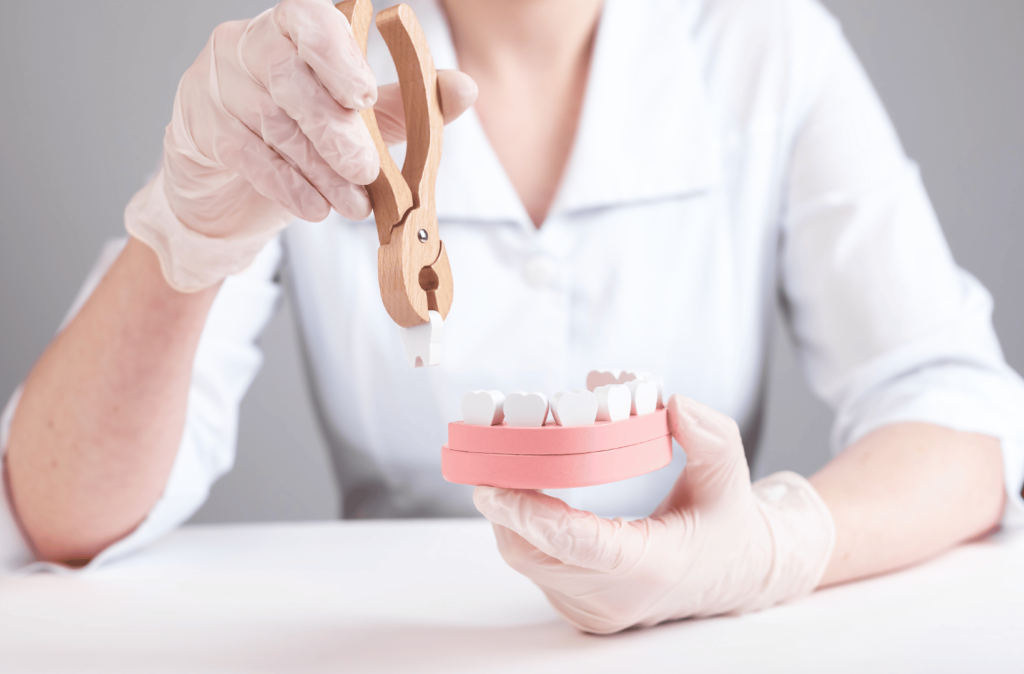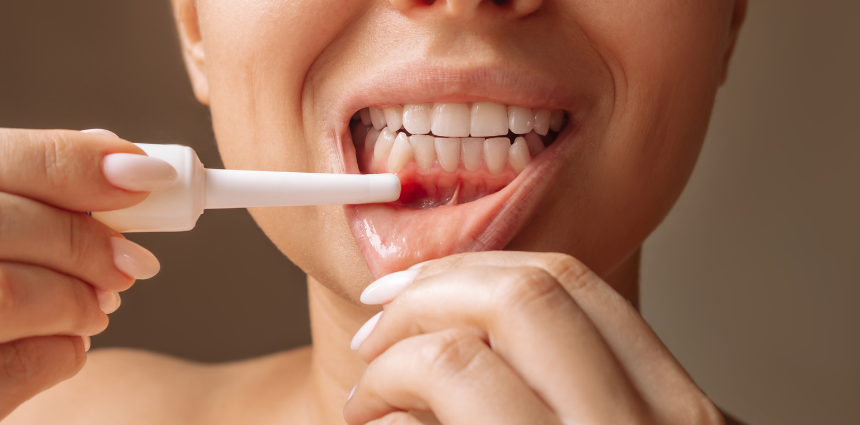The loss of a tooth is a dental eventuality that many individuals will experience at some point in their lives. Whether due to severe decay, trauma, or other oral health issues, tooth extraction is a common procedure that can have lasting consequences. This article aims to provide a comprehensive understanding of why and when it is essential to consider replacing a missing tooth after undergoing tooth extraction.

Delving Deeper into Tooth Extraction
Before we delve into the intricacies of tooth replacement, it is imperative to grasp the fundamentals of tooth extraction. This dental procedure involves the careful removal of a tooth from its socket within the jawbone. Dentists perform extractions for various reasons, including but not limited to addressing severe tooth decay, combating gum disease, relieving overcrowding, or rectifying dental trauma. Tooth extractions are undertaken to alleviate pain, mitigate the risk of infection, and, in some cases, prepare the patient for orthodontic treatment.
The Far-Reaching Effects of Tooth Loss
Aesthetic Concerns
One of the most immediate and palpable concerns following a tooth extraction is its impact on the individual’s appearance. The absence of a tooth can significantly affect the smile’s aesthetics and even alter the facial structure. As a result, individuals may become self-conscious, experiencing a decline in confidence and overall self-esteem.
Functional Impairments
Beyond aesthetic considerations, the loss of a tooth can profoundly affect the functionality of one’s mouth. The absence of a tooth can hinder proper chewing and speaking, leading to potential complications in everyday life. Furthermore, the gap created by a missing tooth can cause adjacent teeth to shift, resulting in bite problems and potential issues with the jaw joint.
The Ongoing Battle: Bone Loss
However, the most critical and often overlooked consequence of tooth loss is the gradual deterioration of the jawbone. Once a tooth is extracted, the bone that once provided support for that tooth begins to resorb or shrink. This process, known as bone resorption, can have cascading effects on an individual’s oral and overall health. It can lead to significant changes in facial shape over time, which can be distressing. Moreover, bone loss in the jaw can complicate any future dental procedures, making them more challenging and less effective.
The Imperative of Replacing a Missing Tooth
Having explored the multifaceted consequences of tooth loss, it is now essential to understand why it is imperative to consider replacing a missing tooth.
Restoring Functionality
Foremost, replacing a missing tooth is crucial for restoring the functionality of your mouth. It ensures that you can chew food effectively, speak clearly, and partake in the simple joys of everyday life. The absence of a tooth should not prevent you from enjoying your favorite foods or participating in conversations without worry.
Preservation of Jawbone Health
Among the various tooth replacement options available, dental implants stand out as one of the most effective solutions. Unlike other options, dental implants simulate the presence of a natural tooth, stimulating the jawbone. This crucial stimulation prevents further bone loss, preserving your facial structure and supporting overall oral health.
Prevention of Dental Complications
Leaving a gap in your smile may seem inconsequential, but it can lead to several dental complications over time. The most immediate concern is the misalignment of neighboring teeth. As adjacent teeth shift into the empty space, they can become crooked or misaligned, necessitating orthodontic treatment in the future. Additionally, the gap can become a breeding ground for bacteria, increasing the risk of gum disease and tooth decay in the surrounding teeth.
Determining When to Replace a Missing Tooth
Now that we understand the importance of replacing a missing tooth, the question arises: when is the right time to consider this course of action? Several factors come into play when making this decision.
Type of Extraction
The type of tooth extraction you’ve undergone plays a significant role in determining when to consider tooth replacement. For example, if you’ve had a wisdom tooth removed, the urgency to replace it may be lower compared to a front tooth extraction, where aesthetics are a more immediate concern.
Cosmetic Considerations
Cosmetic concerns often influence the timing of tooth replacement. If the missing tooth is in a highly visible area and significantly impacts your self-esteem, you may want to prioritize replacement sooner rather than later.
Consideration of Oral Health
Your overall oral health is perhaps the most critical factor to consider. If you experience discomfort, notice adjacent teeth shifting, or encounter challenges while chewing, it’s crucial to consult with your dentist promptly. Addressing these issues sooner rather than later can prevent further complications and ensure a healthier, happier smile.
Budget and Timing
Practical considerations such as budget and scheduling also play a role in the decision-making process. Dental procedures, including tooth replacement, can vary in cost and may require planning. Discuss your options with your dentist to find a solution that aligns with your needs, budget, and schedule.
Conclusion: Prioritizing Oral Health and Quality of Life
In conclusion, while tooth extraction is a common dental procedure, its implications extend far beyond the initial event. The consequences of tooth loss, including aesthetic concerns, functional impairments, and bone resorption, underscore the importance of timely tooth replacement. By understanding why and when to replace a missing tooth, individuals can make informed decisions about their dental care. Ultimately, prioritizing oral health and the restoration of a missing tooth can lead to a happier, healthier life with a beautiful smile.
Frequently Asked Questions (FAQs)
Why is replacing a missing tooth important after extraction?
Replacing a missing tooth is important because it helps restore functionality to your mouth, prevents bone loss in the jaw, and prevents dental complications.
What are the consequences of not replacing a missing tooth?
Not replacing a missing tooth can lead to aesthetic concerns, functional impairments, shifting of adjacent teeth, and gradual bone loss in the jaw.
What is bone resorption, and why is it a concern after tooth extraction?
Bone resorption is the gradual shrinking of the jawbone after a tooth extraction. It’s a concern because it can alter facial appearance and complicate future dental procedures.
How can I restore functionality after a tooth extraction?
Restoring functionality can be achieved through various tooth replacement options, such as dental implants, bridges, or dentures, depending on your specific needs and preferences.
Why are dental implants recommended for replacing missing teeth?
Dental implants are often recommended because they stimulate the jawbone, preventing further bone loss, and closely mimic the look and function of natural teeth.
When should I consider replacing a missing tooth?
The timing for replacing a missing tooth depends on factors like the type of extraction, cosmetic concerns, oral health, and personal preferences. Consulting with a dentist is advisable to make an informed decision.
Are there any immediate concerns after a tooth extraction?
Yes, immediate concerns include aesthetic changes, functional impairments, and the potential for post-extraction pain or discomfort, which can be alleviated with proper care.
Can I delay replacing a missing tooth if it’s not in a visible area of my mouth?
While you can delay replacement for less visible teeth, it’s essential to consider the long-term impact on your oral health and discuss the timing with your dentist.




